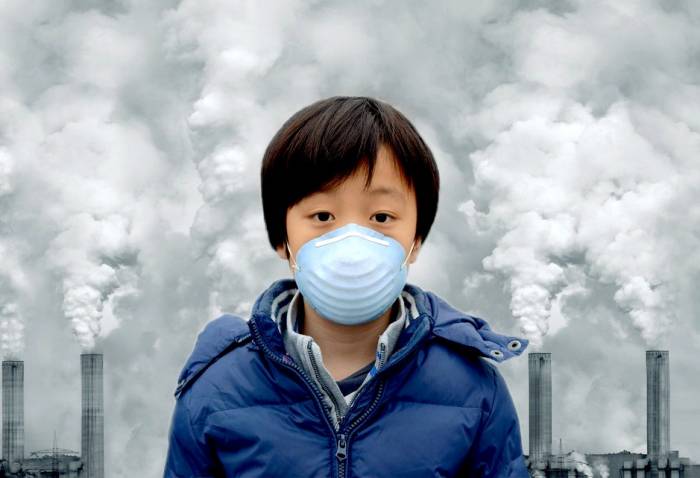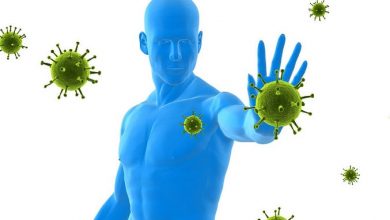Adverse effects of air pollution on the brain + video
The brain is one of the essential organs in the body. All changes in the body affect the brain, so breathing also affects the brain. Respiration is the process by which we obtain oxygen and excrete carbon dioxide through the lungs. If you want to know the effect of breathing on the brain, read on.
How does air quality affect the brain? :
What are the effects of breathing on the brain?
Studies show that there is a relationship between breathing and relaxation based on brain mechanisms. Deep breathing is great for coping with stress or panic.
The brain, like other tissues in our body, needs oxygen to function. In total, about 350 nerve cells are distributed throughout the central nervous system. What sets them apart is that they activate respiration faster, meaning that these specific neurons become more active when we breathe more quickly.
This process is essential because these nerve cells, like other parts of our brain, stimulate panic, sleep, and stress. Therefore, one of the effects of breathing in the brain is directly related to such feelings.

Proper breathing can reduce stress and anxiety and manage fear conditions much more effectively. Controlled, rhythmic or deep breathing is used in yoga exercises. In this breathing, you have to breathe through the diaphragm instead of the chest.
Breathing techniques for childbirth help mothers cope with the pain of childbirth and can bear it more easily. Your breathing control is a weapon you can use to do everyday tasks.
The effect of air pollution on the brain and the ability to think
Quarantine has become one of the most important issues these days because we can no longer spend much time with family and friends. You may be interested to know that this lack of interaction has also affected our environment.
When people drive less, production is reduced, and also the amount of carbon dioxide outside the house is reduced. Since May 2020, carbon dioxide levels have dropped by 17 percent.
Increased carbon dioxide occurs when air pollution is high, and fossil fuels burn more. All of these factors, due to lifestyle changes, affect our ability to think.
The relationship between air pollution and neurological diseases
If you look at the titles of scientific websites, you will see the connection between air pollution and neurological disorders. Numerous studies have shown that more prone to infection are 30% more likely to develop MS. They also increase the risk of Parkinson’s as air pollution increases.
Air pollution is also associated with Alzheimer’s disease in the elderly. Air pollution destroys brain proteins. Especially the pollutants from fuel, gasoline, gas, coal, and wood, and we breathe them, and these toxins enter the bloodstream.
The effect of air pollution on infants and children
Neurotoxins in the nervous system negatively affect brain function and affect the human respiratory system and cardiovascular system, leading to cancer, heart attack, stroke, and premature death. Children are also at greater risk.
Mothers exposed to air pollution during pregnancy are more likely to have problems with their children, such as attention deficit, obsessive behaviors, or other bizarre behaviors. They usually have higher levels of stress than other children. Therefore, an increase in neurotoxins is very harmful to the brain and hurts the brain of infants.
High concentrations of carbon dioxide also hurt perception and make the situation unsafe for us. It is interesting to know that increasing the level of carbon dioxide also occurs indoors. Even in offices and classrooms, people emit large amounts of carbon dioxide, and because air conditioning is not widely available, this danger also exists indoors.
That is why, despite travel restrictions across the country and travel, air pollution has not decreased, and carbon dioxide concentration is high.
The only thing we can do for ourselves on quarantine days is to use air conditioning, and if we don’t have them, leave the windows open and let some of the carbon dioxides in the plants be absorbed and concentrated indoors.










